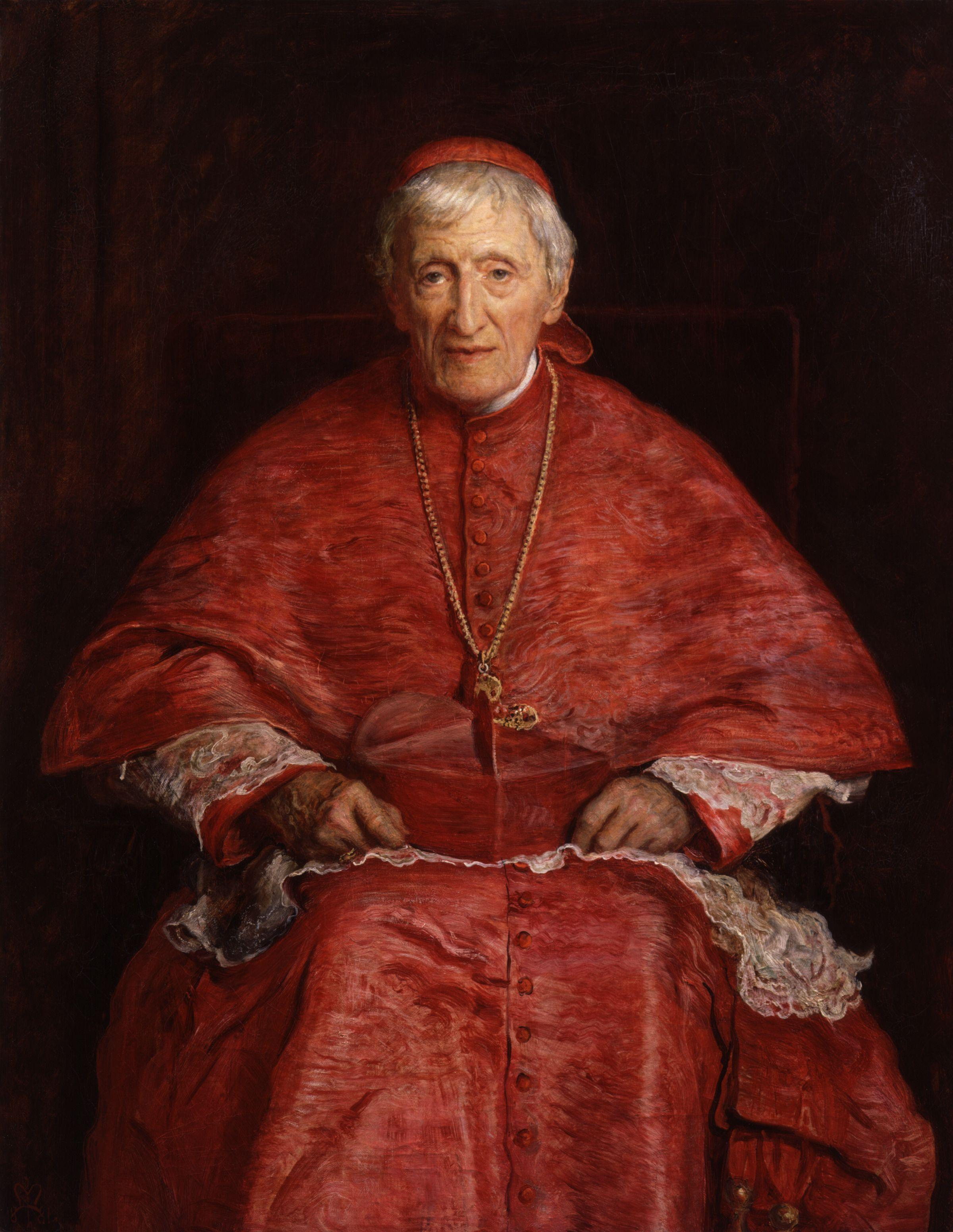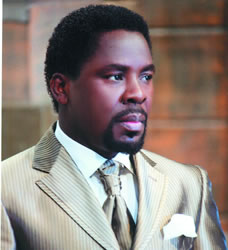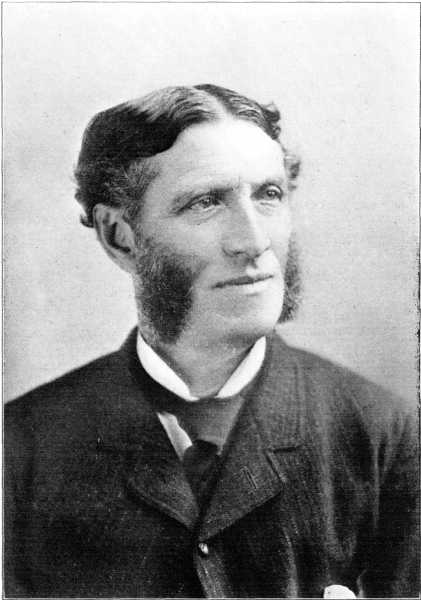 “In miracles we are dealing . . . with the unreal world of fairy-tale," Matthew Arnold wrote over 125 years ago in God and the Bible. An observer of the BBC's religion reporting would not be wrong in concluding the Corporation follows this general line, treating faith with a modicum of skepticism.
However, a recent story on faith healing and HIV crosses over the line of healthy skepticism that all good reporting should display into pamphleteering -- offering an opinion as news and marshaling facts to support the argument.
“In miracles we are dealing . . . with the unreal world of fairy-tale," Matthew Arnold wrote over 125 years ago in God and the Bible. An observer of the BBC's religion reporting would not be wrong in concluding the Corporation follows this general line, treating faith with a modicum of skepticism.
However, a recent story on faith healing and HIV crosses over the line of healthy skepticism that all good reporting should display into pamphleteering -- offering an opinion as news and marshaling facts to support the argument.
The author of Church HIV prayer cure claims "cause three deaths" means well and his intentions of exposing a religious charlatan are good. Intentions aside, this BBC piece is bad journalism. It is poorly sourced, offers inferences as facts -- repeat after me correlation does not imply causation -- displays an ignorance of religion and lacks context, balance and tone. On a philosophical level it also breaks with the BBC's stance on free will -- which is not such a bad thing, by the way.
But let's first jump into the story and see if you see what I see. It begins thus:
At least three people in London with HIV have died after they stopped taking life saving drugs on the advice of their Evangelical Christian pastors.
The women died after attending churches in London where they were encouraged to stop taking the antiretroviral drugs in the belief that God would heal them, their friends and a leading HIV doctor said.
Sometimes I think I will die after attending church, but setting aside faulty syntax let's return to the story. It continues with a critique by a former government health minister of the general principle of stopping one's medicine in such circumstances before moving back to substantiate its opening sentences.
Jane Iwu, 48, from Newham, east London, described one case, saying: "I know of a friend who had been to a pastor. She told her to stop taking her medication -- that God is a healer and has healed her."
"This lady believed it. She stopped taking her medication. She passed away," said Ms Iwu, who has HIV herself.
BBC London spoke to a second woman from east London who told of a friend who died after taking advice from her pastor who told her to stop taking her antiretroviral drugs.
Meanwhile, the director of a leading HIV research centre in east London said she had dealt with a separate case in which a person with HIV died as a result of advice from a pastor.
The story then moves to the experts, who say such practices are harmful.
"We see patients quite often who will come having expressed the belief that if they pray frequently enough, their HIV will somehow be cured," she added.
"We have seen people who choose not to take the tablets at all so sometimes die," [said Prof Jane Anderson, director of the Centre for the Study of Sexual Health and HIV, in Hackney.]
The culprits are then identified.
HIV prevention charity African Health Policy Network (AHPN) says a growing number of London churches have been telling people the power of prayer will "cure" their infections.
"This is happening through a number of churches. We're hearing about more cases of this," AHPN chief Francis Kaikumba said.
AHPN said it believed the Synagogue Church Of All Nations (SCOAN), which has UK headquarters in Southwark, south London, may be one of those involved in such practices.
The church is headed by Pastor T B Joshua, Nigeria's third richest clergyman, according to a recent Forbes richlist.
When approached by BBC London, leaders of the church described themselves as Evangelical Christian pastors.
The church's website, which was set up in Lagos, Nigeria, shows photos of people the church claims have been "cured" of HIV through prayer.
The article offers extracts from SCOAN's website about its healing ministries and quotes a London resident who said that when she spoke with a representative of the church on the telephone she was told prayer can cure HIV.
At this point a SCOAN representative appears on the scene, but he doesn't appear to be on the same script as the BBC.
However, when asked by BBC London if it claimed its pastors can cure HIV, SCOAN responded: "We are not the healer. God is the healer. Never a sickness God cannot heal. Never a disease God cannot cure.
"We don't ask people to stop taking medication," the church added. "Doctors treat; God heals."
Let's go through the problems in the order they appear in the story. The story claims that three people have died after they were told to stop taking their HIV medications by "Evangelical Christian pastors." The evidence for this claim comes from friends of the deceased (whose names have been changed for the story, the article reports in a footnote). In other words, there is no credible evidence for the claim. No one in a position of authority -- police, doctor, coroner -- is suggesting the deaths were caused by having stopped taking medications.
We don't know who has died; we don't know what they were told; we don't know when they were told; we don't know who told them; we don't know if what they were told led to their deaths; we don't know how they died. No evidence is presented that the three deaths were linked in any way to their church-going, or to their religious beliefs. Rather friends of the deceased think this might be so.
And on a lesser point, but one that particularly irritates me, we have the claim of Evangelicals being behind this, based upon someone from the church in question self-identifying as evangelical. However, Pastor T.B. Joshua and his Synagogue Church Of All Nations (SCOAN) is not an evangelical church, but comes out of the Pentecostal tradition. And a review of the literature about SCOAN finds that Nigerian Christian leaders have denounced it as a cult. Possessing a Christian overlay of vocabulary and symbolism, SCOAN is better described as an African Indigenous Church that combines elements of Christianity with Nigerian traditional beliefs -- others argue TB Joshua is a charlatan. But I'm jumping ahead in the narrative.
The group that fingers SCOAN as the villain, said it "believed" the church "may be one of those involved." In other words, we only have conditional language linking SCOAN to the deaths, and that is not enough to convict.
When the SCOAN spokesman appears, the statements he makes about prayer and healing are so anodyne they could have been offered by the Church of England. If this was meant to shock the reader, I'm afraid the author will be disappointed.
The bottom line here is that there is no evidence to support the statements made in the lede. There is nothing in this story other than the author's opinion that it is wrong to stop taking antiretroviral drugs and the statements of experts who support this view. Now I happen to agree with this view. But this story as journalism is junk.
However, if we take all of the inferences and assumptions laid out in the story as being true, I was struck by the shift in the BBC's views on human autonomy this would imply. The Corporation has long championed the cause of euthanasia and has been accused of supporting the right to die through biased news reporting. To be philosophically coherent, I would have assumed the BBC would have supported the choice of the three HIV patients to have stopped taking their medication. The Corporation's support of human autonomy, of freedom conceived as the faculty of acting spontaneously according to the representation of ends (the will), is rejected in this story and has been replaced with a censorious moralism. "What these people have chosen to do with their own lives is bad," is how I understand the author's point of view in this story.
I should say I do not disagree with this sentiment, yet though we have arrived at the same destination I came on a different train. Free will, when it is expressed in secular terms is a moral good for the BBC. Free will when expressed as a choice to believe in miracles and hope for God's intervention in your life is treated with scorn by the Corporation.
It may have been his sweet reasonableness or Victorian sensibilities, but Matthew Arnold tried to coat his unbelief with with a gentile wash of regret.
The reasons drawn from miracles on cannot but dismiss with tenderness, for they belong to a great and splendid whole, -- a beautiful and powerful fairy-tale , which was long believed without question, and which has given comfort and joy to thousands. And one abandons them with a kind of unwilling disenchantment, and only because one must.
The BBC, unlike Arnold, doesn't do sympathy for the Christian world view and as such misses the deeper story here. The question why someone would do what the BBC is claiming they have done is glossed over -- yet the why is the most important question.
John Henry Newman stated that “Catholics believe that [miracles] happen in any age of the Church, though not for the same purpose, in the same number, or with the same evidence, as in apostolic times." The question for the believer is not whether miracles can occur—of course they can, if God is God—but why they should occur so randomly, why this person and not that should be their recipient.
As he explained to Charles Kingsley in his Apologia pro vita sua, miracles "must be clearly proved, because perhaps after all it may be only a providential mercy, or an exaggeration, or a mistake, or an imposture.”
Here is the heart of the story -- a Nigerian pastor has been promising miracles to those who believe (in him?) and three of his followers have died after following his council. This story is inferred but not told, and as such fails.
The article does appear to have legs, however, with the Guardian, and the Sunday Herald in Scotland among others picking it up. I do hope though that those who follow in the reporting do take the time to get to the heart of the matter and answer Newman's question. What is going on here: providential mercy, an exaggeration, a mistake, or imposture.
